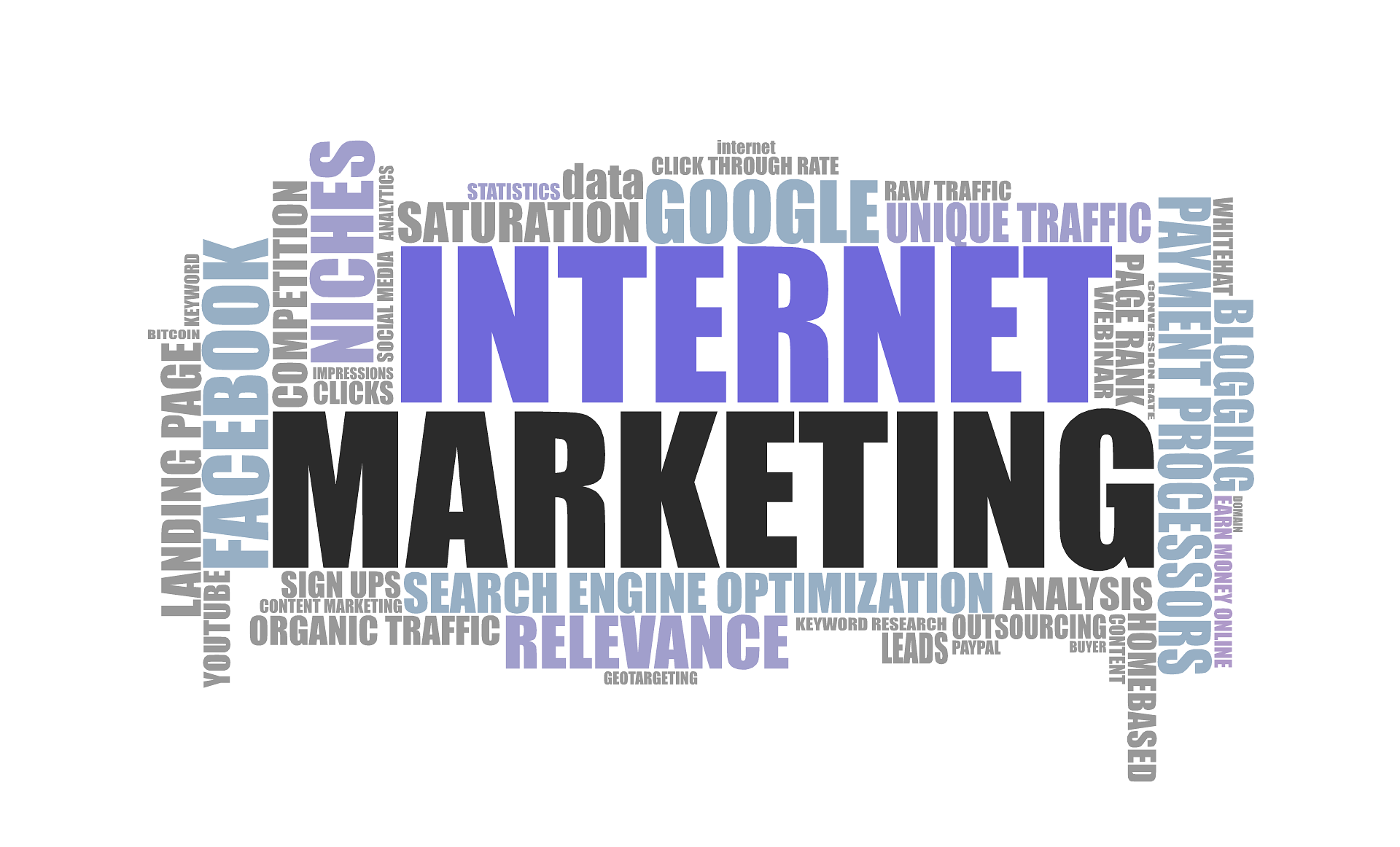Businesses, especially in e-commerce, need to stay ahead of the curve with innovative digital marketing strategies. As customer expectations evolve, so should your marketing efforts. Here’s how you can optimize your digital marketing for maximum results in the competitive e-commerce sector.
1. Leverage Data-Driven Decision Making
Data is the backbone of successful e-commerce strategies. From customer behavior analytics to conversion rates, use this information to refine your marketing efforts. Tools like Google Analytics and customer relationship management (CRM) systems help you understand which campaigns are driving the most value. By segmenting your customer base and tailoring your messaging, you can deliver personalized experiences that resonate with your audience.
2. Focus on Omni-channel Marketing
Today’s consumers interact with brands across multiple touchpoints—social media, email, mobile apps, and your website. It’s essential to create a seamless experience across all channels. Invest in a strategy that unifies your messaging, whether it’s through consistent brand visuals, promotions, or customer service. Omni-channel marketing ensures customers can shop whenever and wherever they prefer, boosting conversion rates and customer loyalty.
3. Implement Influencer and Affiliate Marketing
Influencer marketing is no longer a trend; it’s a proven digital marketing strategy. Partnering with influencers in your niche can drive brand awareness and increase sales. Look for influencers whose audience aligns with your target demographic and who have a genuine following. Similarly, affiliate marketing programs can expand your reach, allowing you to collaborate with affiliates who promote your products in exchange for a commission.
4. Invest in Video Content and Live Streaming
Video content continues to dominate the digital landscape, especially for e-commerce businesses. Whether it’s through explainer videos, tutorials, or product demos, video can help build trust and provide in-depth information about your products. Platforms like YouTube, Instagram, and TikTok offer excellent opportunities for engaging potential customers. Live streaming, in particular, is a powerful tool for product launches or flash sales, enabling real-time interaction and creating a sense of urgency.
5. Optimize for Voice Search and Mobile Shopping
With voice search becoming increasingly popular, especially with smart speakers, optimizing your content for voice queries is essential. Use natural language and focus on long-tail keywords to align with conversational queries. Additionally, mobile shopping continues to rise, so it’s crucial to have a mobile-optimized website. Streamlining the mobile shopping experience, from product discovery to checkout, can help boost conversion rates and reduce cart abandonment.
6. Build Trust with Social Proof
Trust is key when selling online. Social proof, like customer reviews, ratings, and testimonials, can help build credibility and trust with your audience. Incorporating these elements into your website and social media profiles can influence purchase decisions. Highlight your best-selling products and showcase positive customer experiences to create a sense of reliability.
7. Use Retargeting to Recapture Lost Sales
Not every visitor will make a purchase the first time they visit your site. Retargeting ads allow you to reconnect with these potential customers by showing them ads for products they’ve previously viewed or added to their cart. This strategy increases the chances of bringing back customers and converting them into paying buyers.
Conclusion
Digital marketing strategies for e-commerce require a dynamic approach that focuses on data, customer experience, and innovation. By leveraging these strategies, businesses can increase visibility, enhance customer engagement, and drive sales in an increasingly competitive digital marketplace.
SEO Tips for Targeting the Right Markets:
- Include region-specific keywords relevant to your target market (e.g., “E-commerce digital marketing in [region]”).
- Focus on keywords related to e-commerce success, online shopping, and digital marketing for specific industries (e.g., agribusiness, tourism).
- Add links to case studies or client success stories to build credibility and rank higher in search results.

No responses yet